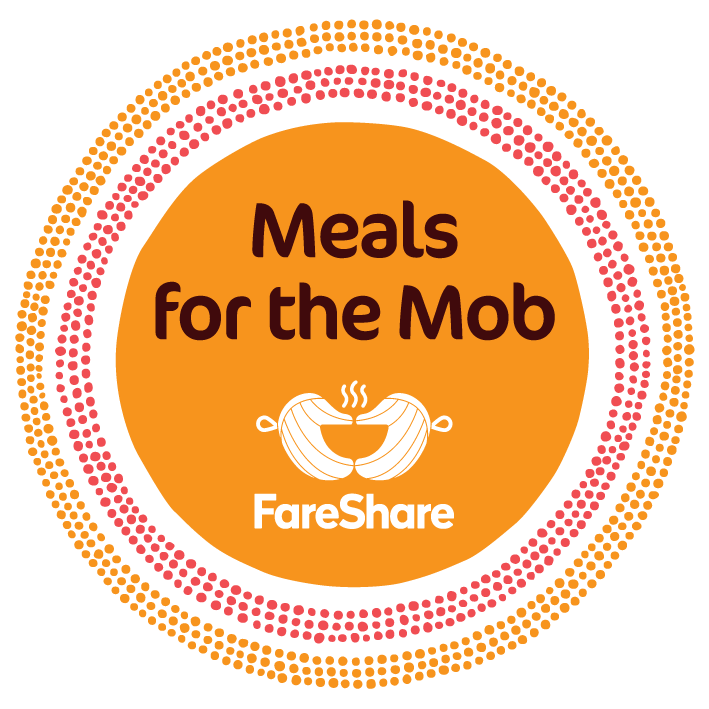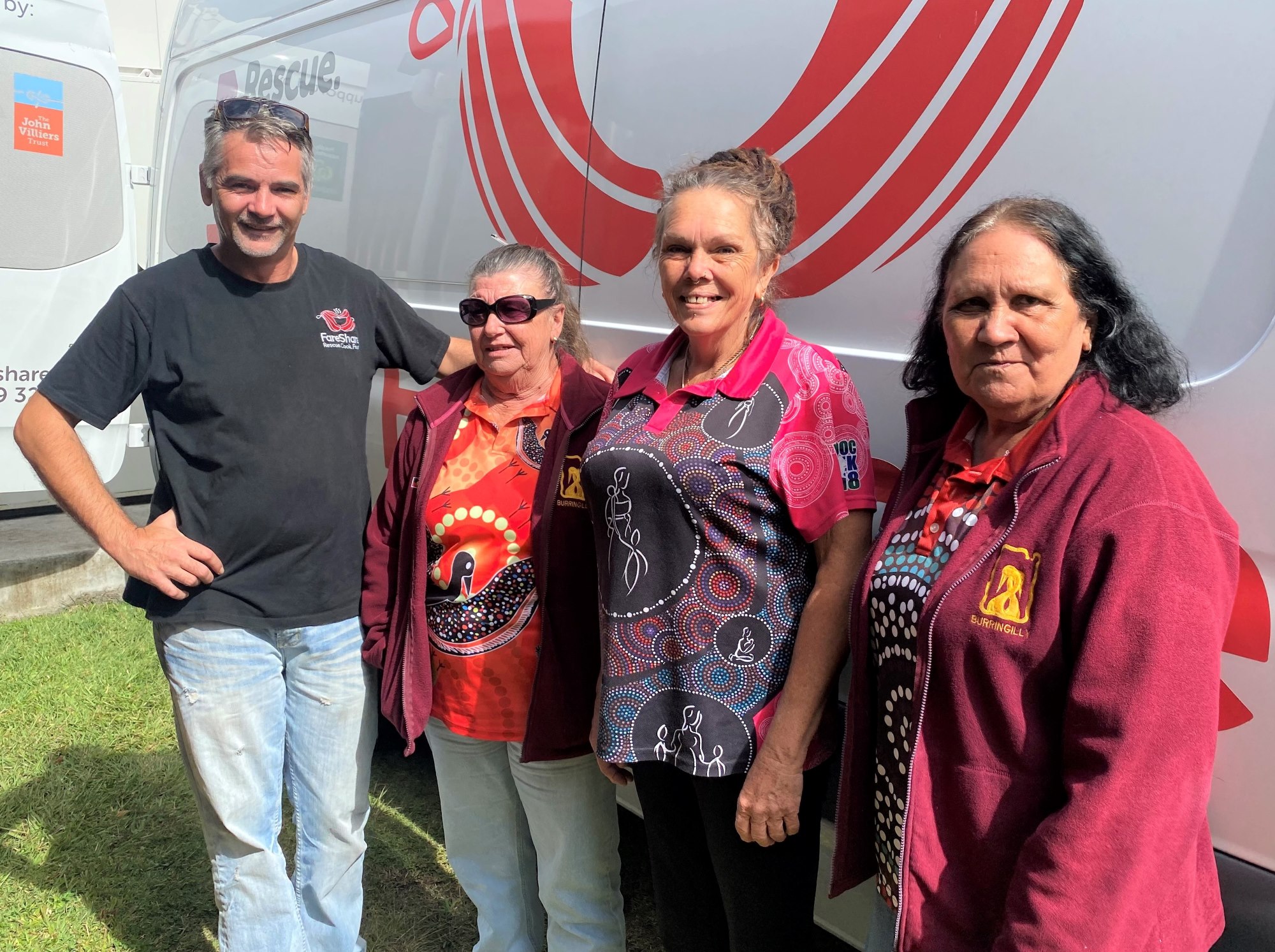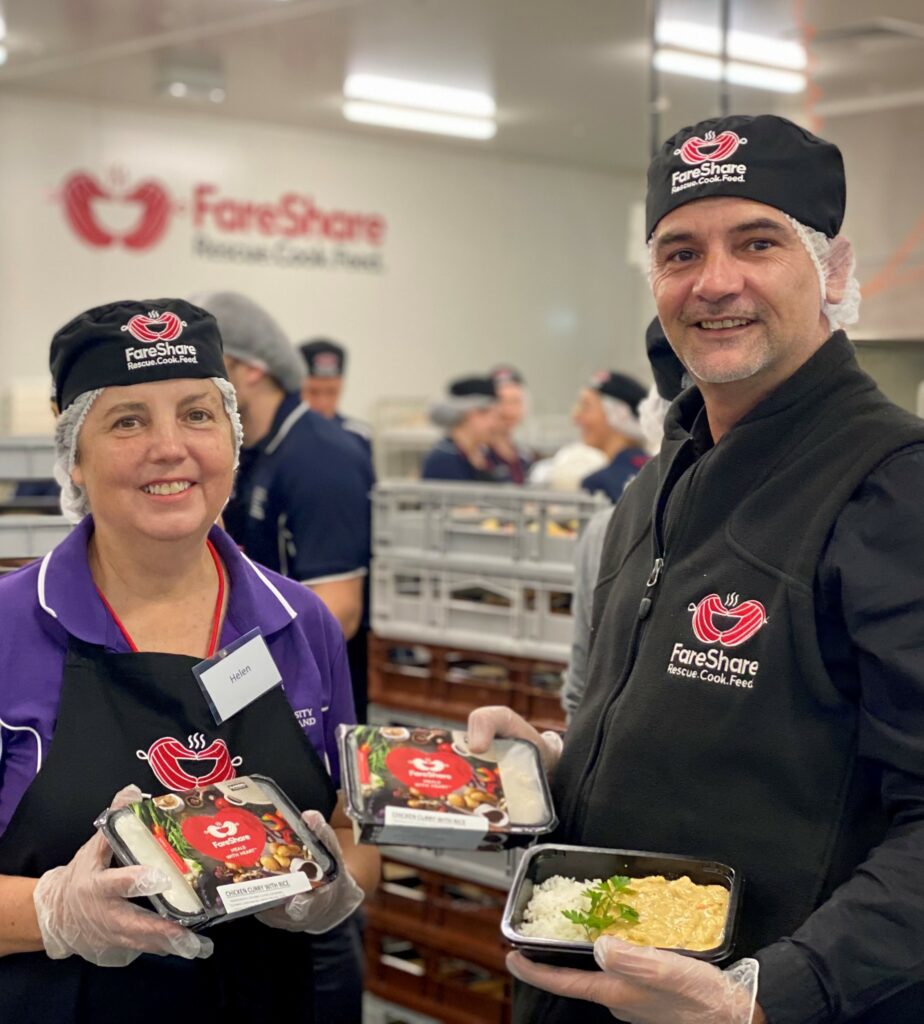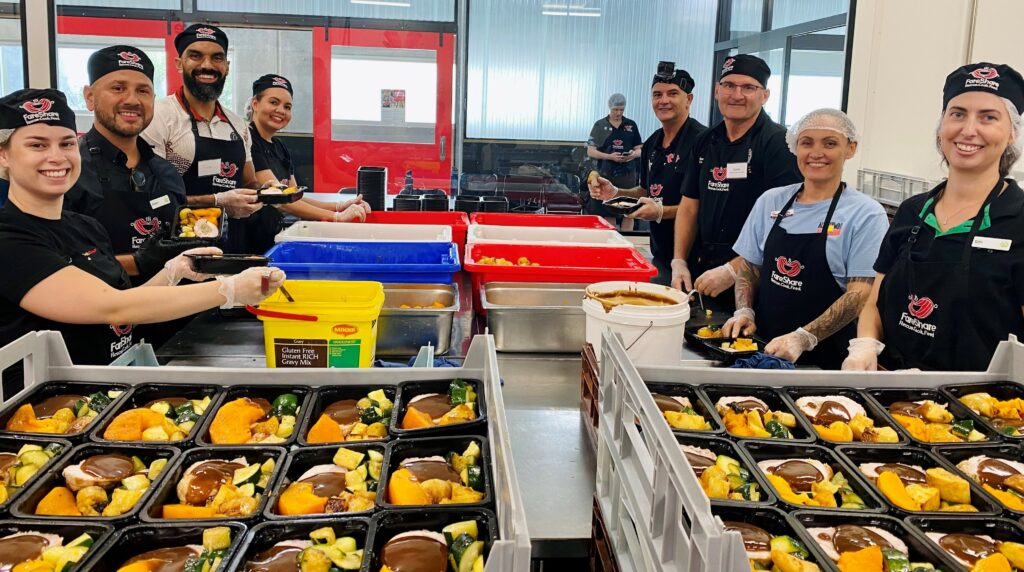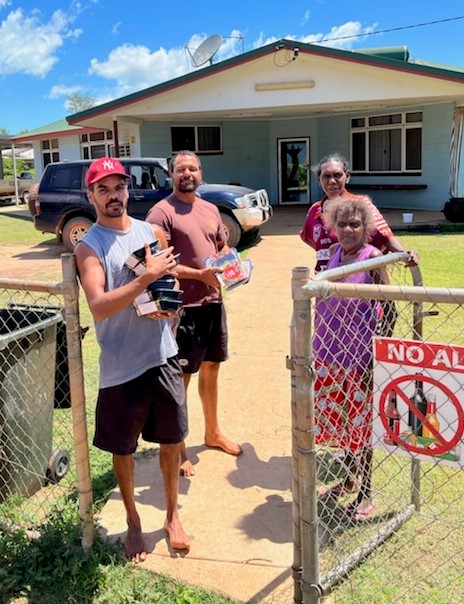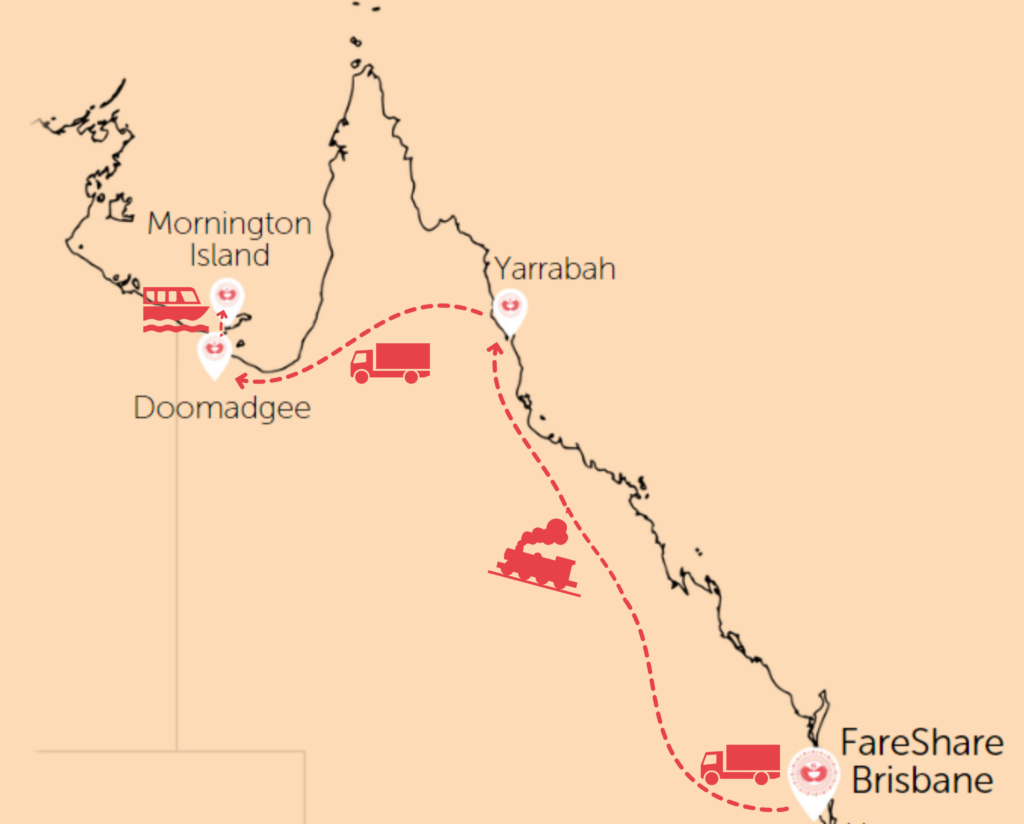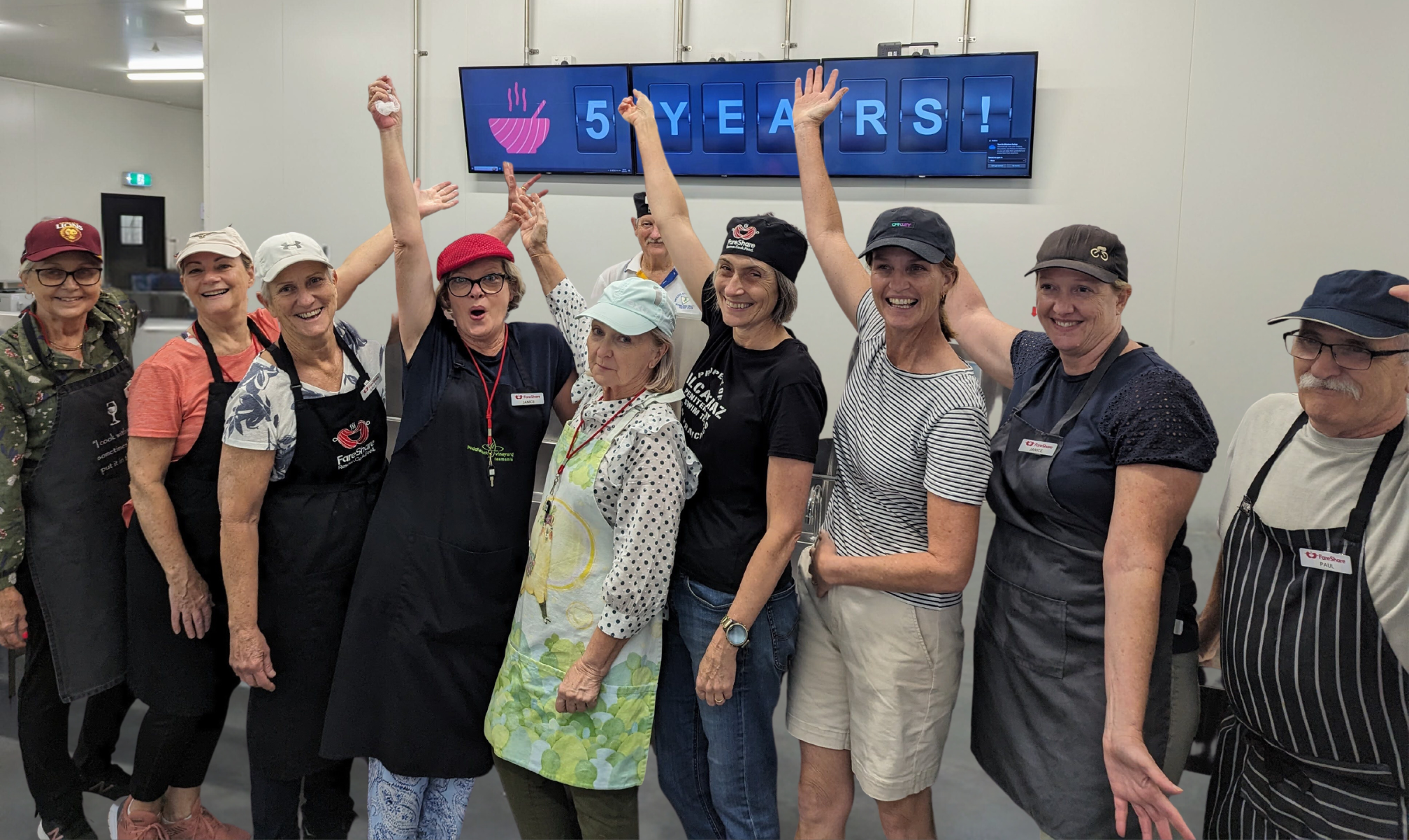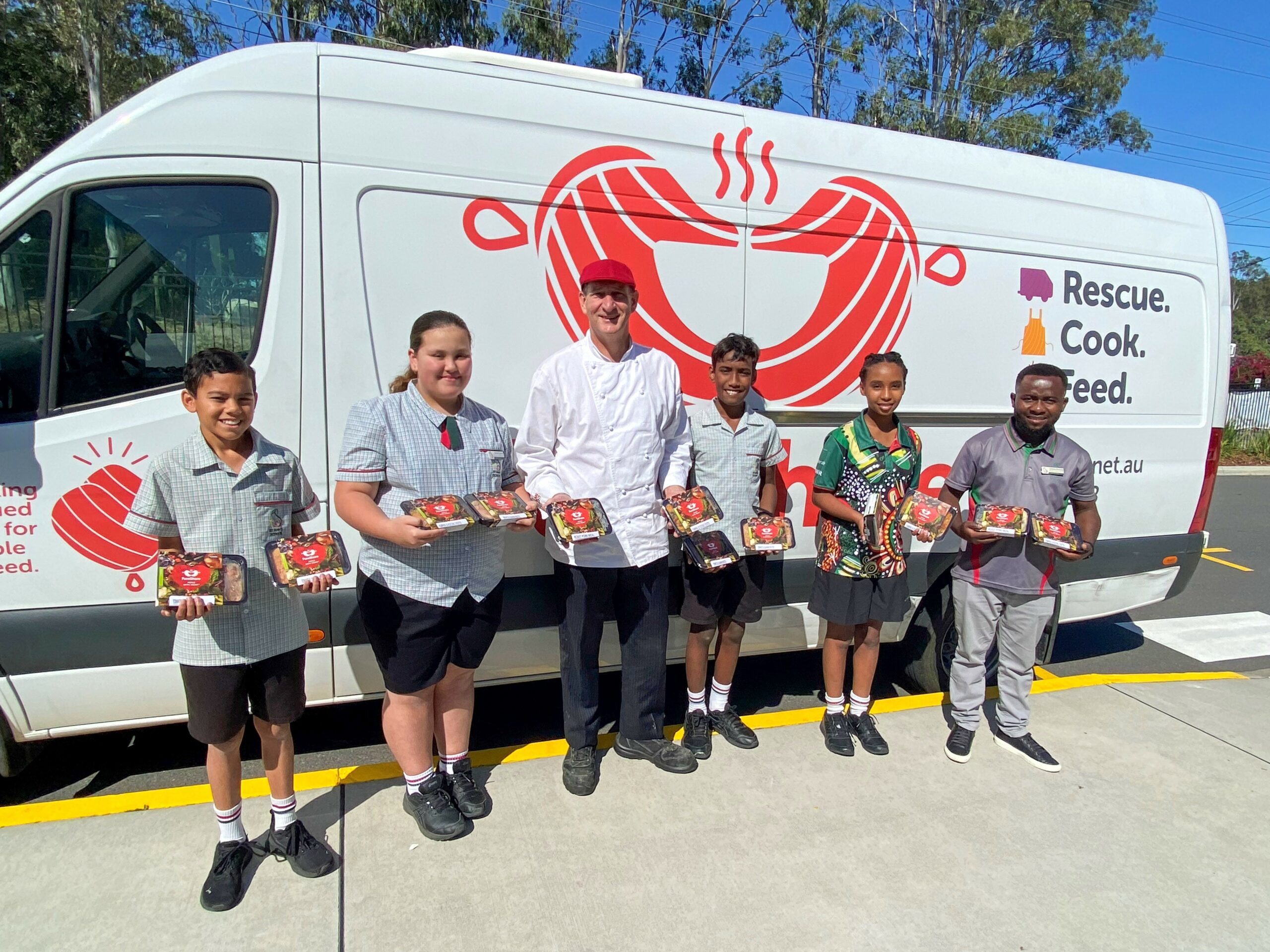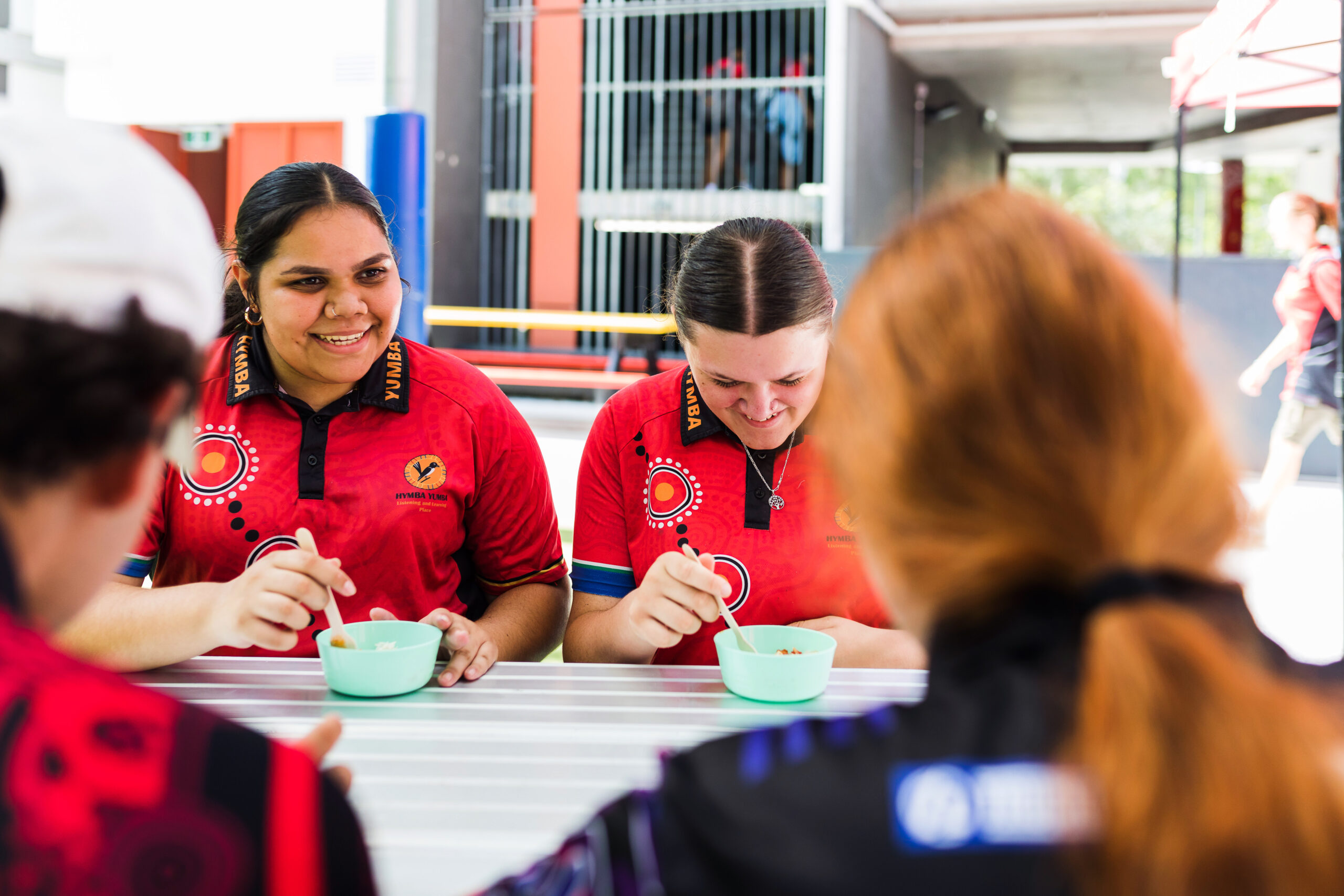
FareShare meals make ‘an immediate impact’ on First Nations school
FareShare meals make ‘an immediate impact’ on First Nations school Teachers at Hymba Yumba Independent School in Springfield, Queensland get excitedly asked the same question a lot these days – “What are we having for lunch today?” Since FareShare started providing free, tasty meals earlier this year to support the
